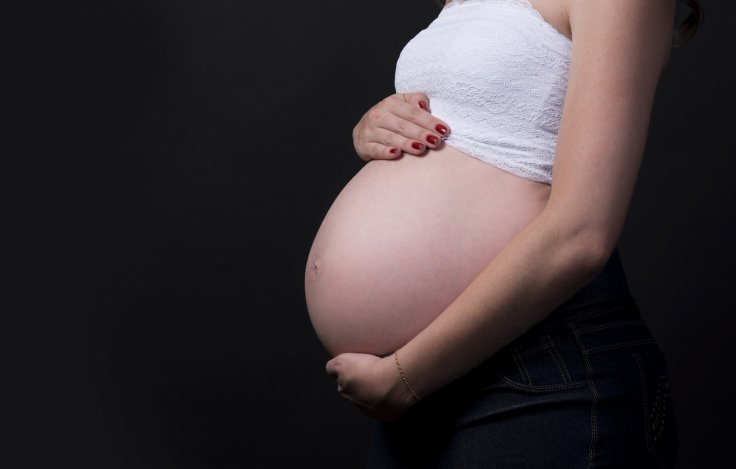A new research, published in the journal Obstetrics & Gynecology, suggests that Instagram has recently emerged as a significant tool to cope with miscarriage distress. The posts shared by Instagram users discussing their medical and physical experiences of miscarriage helps other women, going through the same pain, to overcome the emotional spectrum of it and helps them to cope with such emotions.
Living in the modern era, people still have misconceptions about miscarriage and there is a lot of stigma surrounding it due to which women find it extremely difficult to overcome the devastating grief of having a miscarriage. Most women feel that their emotional and psychological needs are not fulfilled.
Women open up to strangers online

The researchers used the qualitative research method and observed about 200 posts including text and pictures shared by Instagram users. Amy Henderson Riley, Assistant Professor at the Jefferson College of Population Health, Thomas Jefferson University, US, said, "I find it endlessly fascinating that women are opening up to essentially strangers about things that they hadn't even told their partners or families. But this is how powerful this community is."
Rebecca Mercier, Assistant Professor at Thomas Jefferson University, the co-author said, "What surprised me the most was how many women and their partners identified as parents after their miscarriage and how the miscarriage lasted into their family identity after a successful pregnancy."
"The extent to which this loss affects women and their families, and the longevity of their grief is a blind spot for clinicians," Mercier said, adding that all those personal posts also provided a lot of insight into the patients' perspectives of typically defined experiences.
Truth behind recurrent pregnancy loss
The researchers said that a typical recurrent pregnancy loss is usually after three pregnancies. However, they found that many patients who had two or more miscarriages identified with having recurrent pregnancy loss.
"I'm hoping that this study will encourage clinicians to point patients to social media as a potential coping tool, as well as to approach this subject with bereaved and expecting parents with more respect and empathy," Mercier added in the study.
Meanwhile, Riley said that social media has become a common source for patient testimonials nowadays as people share their personal experience of health struggles online. She said, "As far as we know, this is the first study to look at the intersection of Instagram and miscarriage. But this is a drop in the bucket. Social media platforms are evolving rapidly and a theoretically grounded research must follow."









